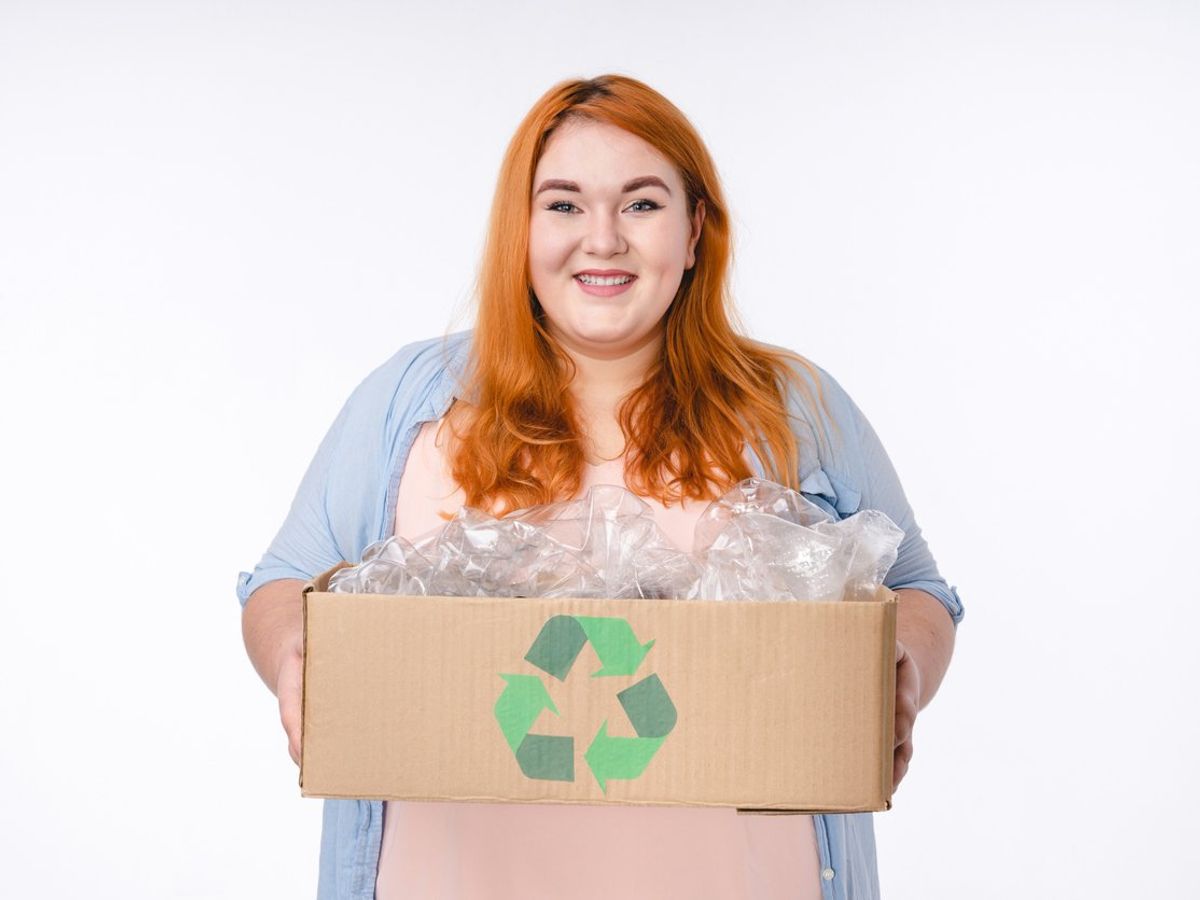#chemicals #plastics #contamination #obesity #storage #eat #eating #COVID19 #cancer #death
“Scientists probing why changes in eating plan and exercise do not fully explain the steep rise in overweight and obesity over recent decades have stumbled upon a shocking possibility: that chemicals in everyday plastic products promote weight gain by changing human metabolism”–Paul Ebeling
The most well-known endocrine disruptors are bisphenol A and phthalates, which are present in some plastics. These chemicals affect human development and fertility, and lab-based experiments indicate that they may also promote obesity
A recent study published in Environmental Science and Technology found that these infamous chemicals may just be the tip of the trashberg. The researchers tested 34 common plastic products from bath slippers to yogurt cups and found that 33% of them contained chemicals that induced the growth of fat cells in the lab.
“The most important finding, I think, is that everyday plastic products contain chemicals that can disrupt our metabolism in a process we call adipogenesis,” study co-author and Norwegian University of Science and Technology (NTNU) associate professor said. “And we know that adipogenesis is like the first step towards developing obesity or becoming overweight later.”
The study adds to a growing body of research that suggests the obesity pandemic is not just a question of poor eating plans and sedentary lifestyles. Almost 3X more people are obese today than they were in Y 1975, and this is a major public health concern.
Obesity contributes to many of the most common causes of death including cancer and heart disease and can increase the risk of contracting infections including COVID-19. And the culprit was chemicals that mess with the endocrine system, which controls appetite, metabolism and weight.
“Connecting endocrine disruption and obesity gave rise to the so-called obesogen hypothesis, which poses that environmental chemicals (obesogens) contribute to obesity,” the study authors wrote.
Plastics are not the only potential source of exposure to these chemicals.
Pesticides are another, a Y 2021 study found that chlorpyrifos can slow the calorie-burning efforts of brown fat in mice. However, plastics are an increasingly ubiquitous part of our daily lives. The obesogen hypothesis indicates that obesity, like many public health and environmental problems, will not be solved by appeals to personal responsibility alone.
Eat healthy, Be healthy, Live lively









